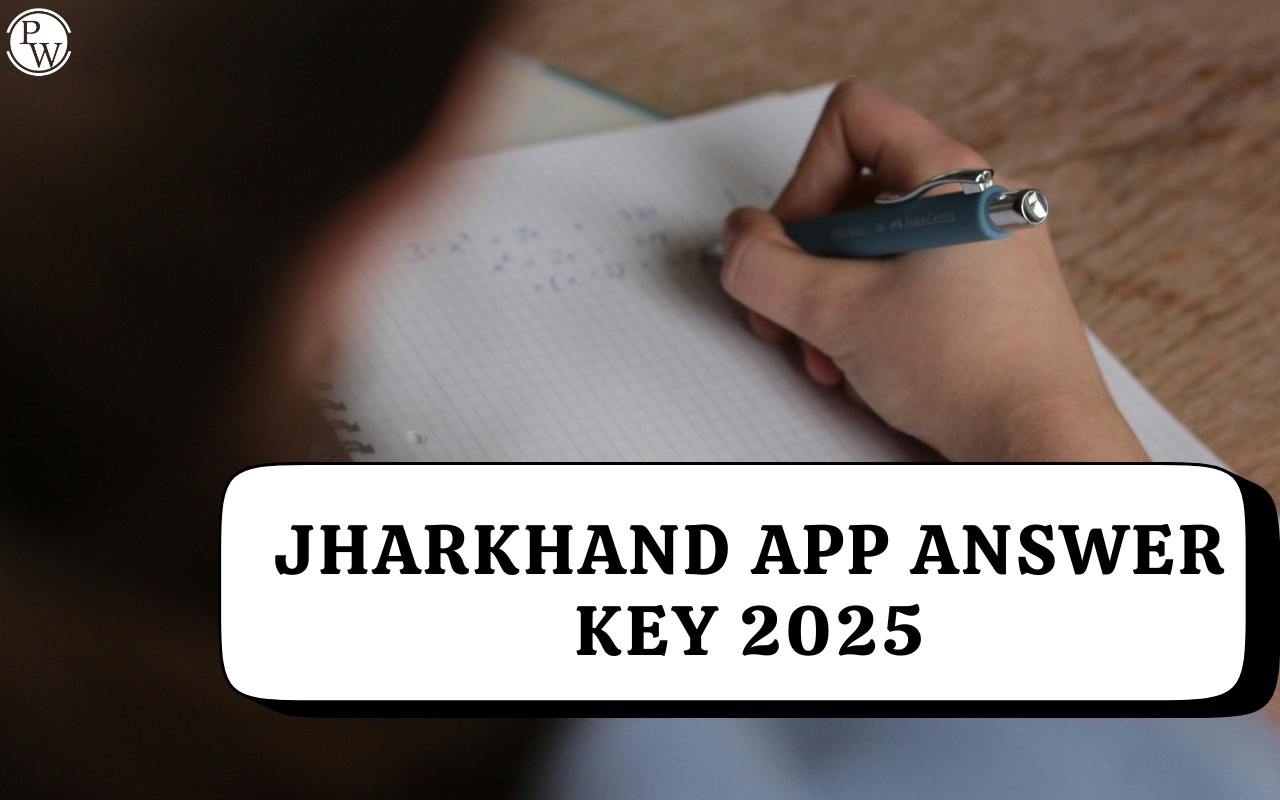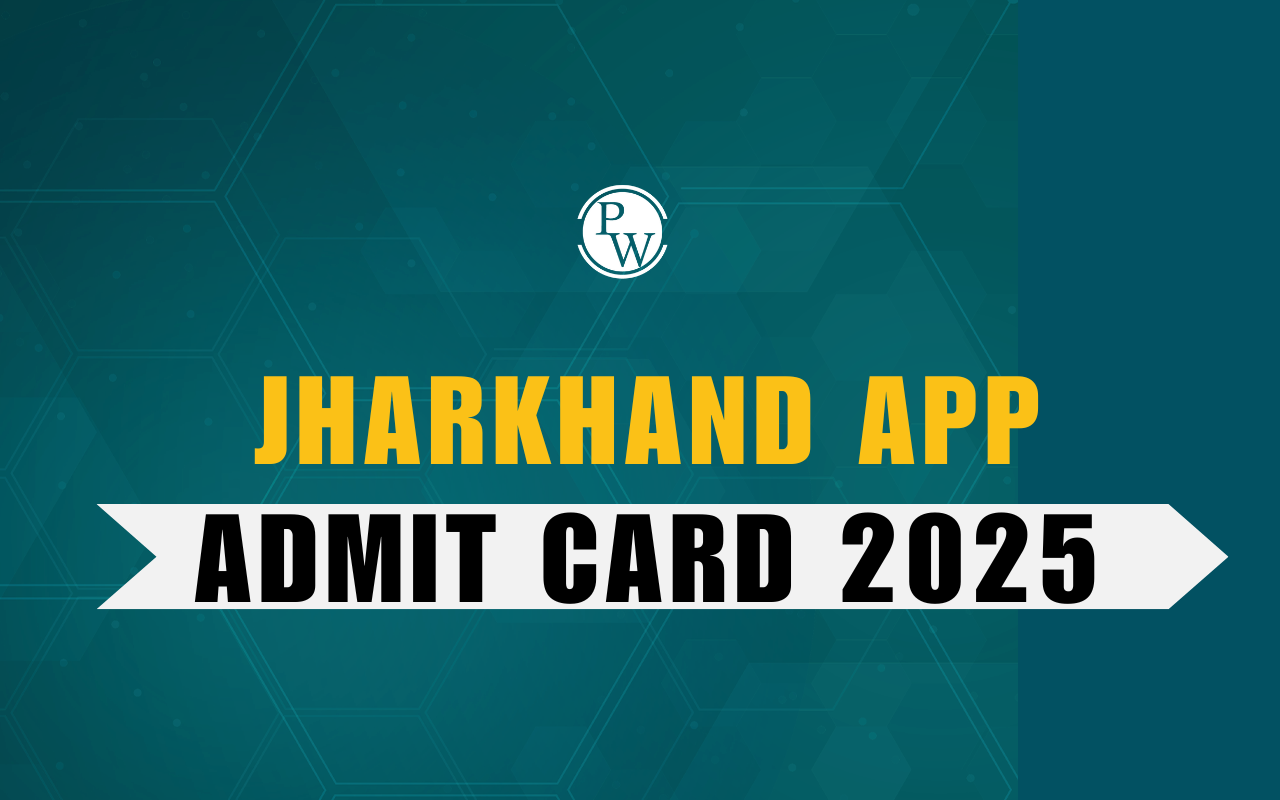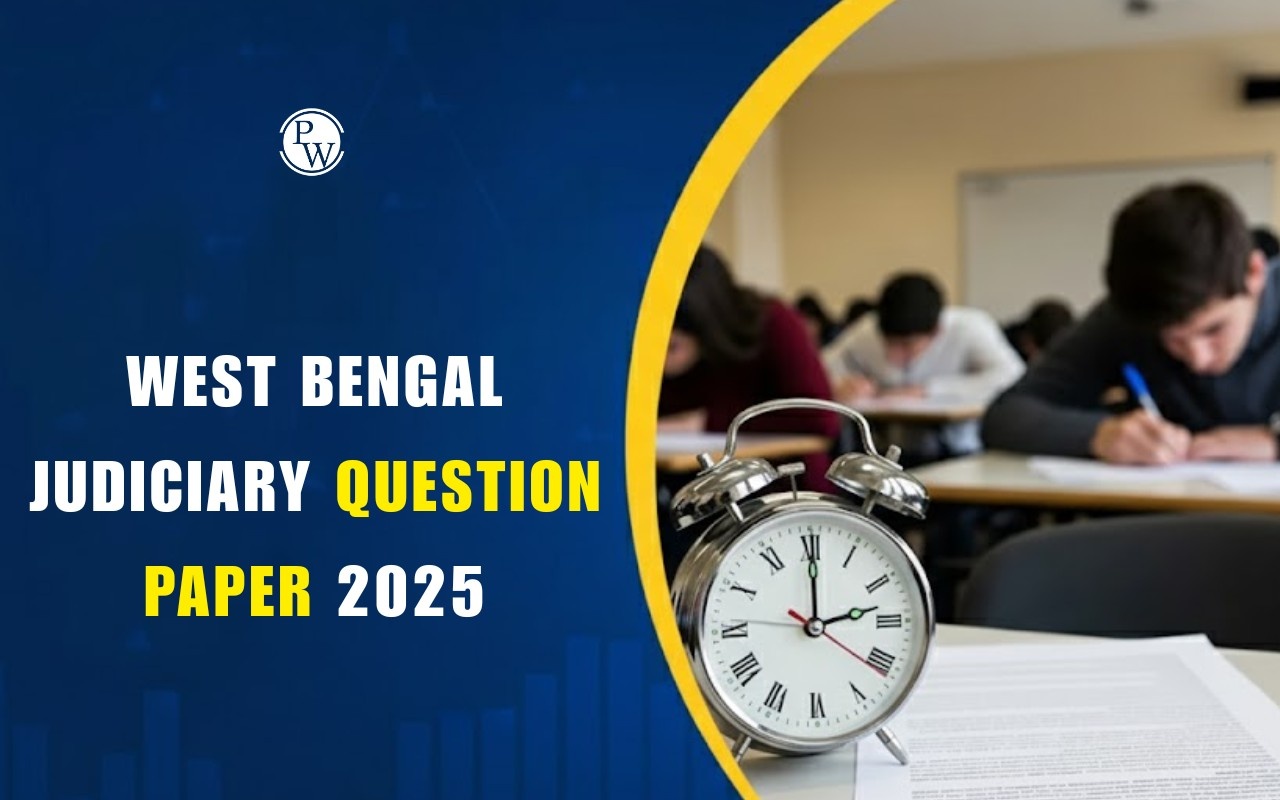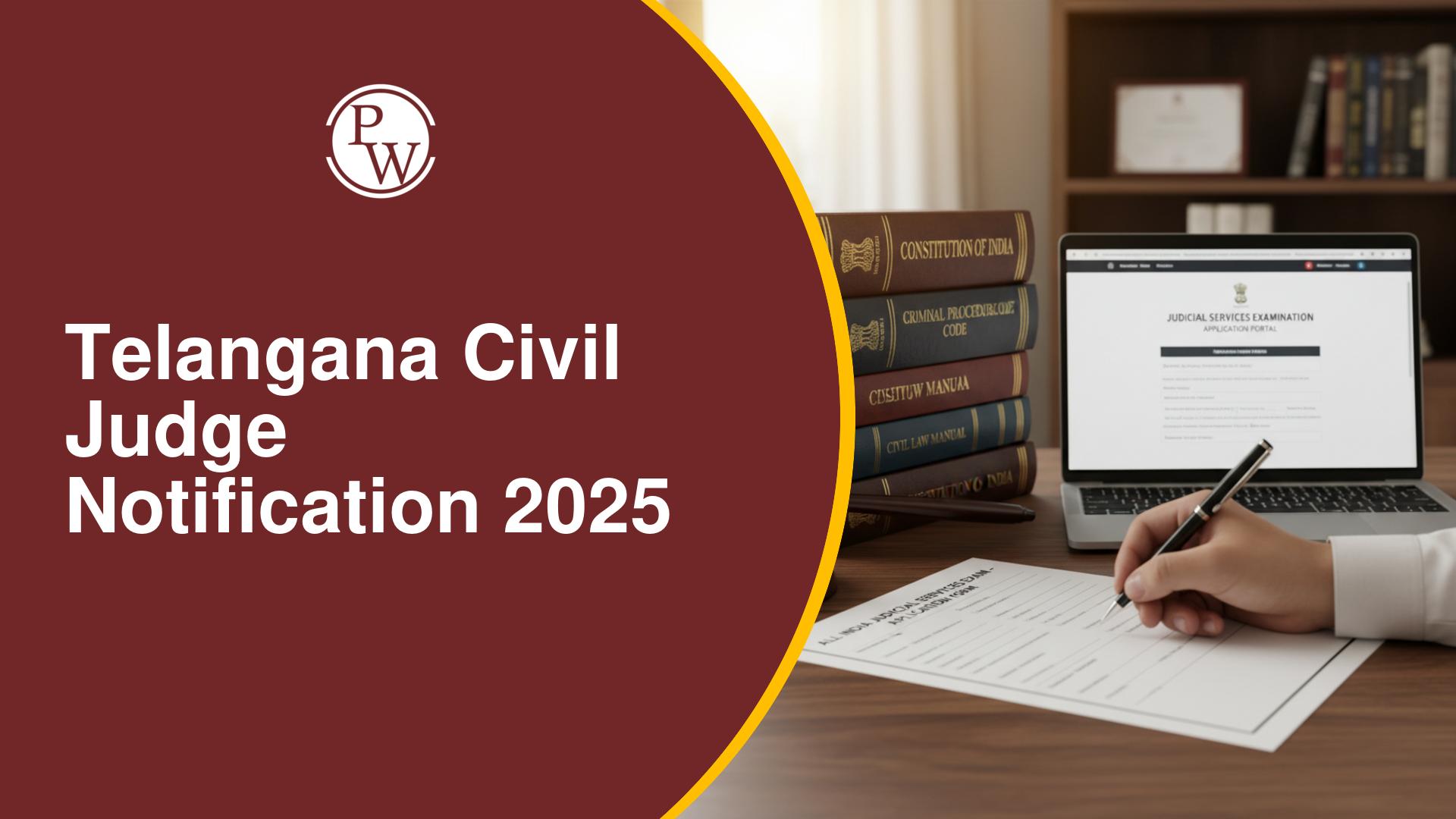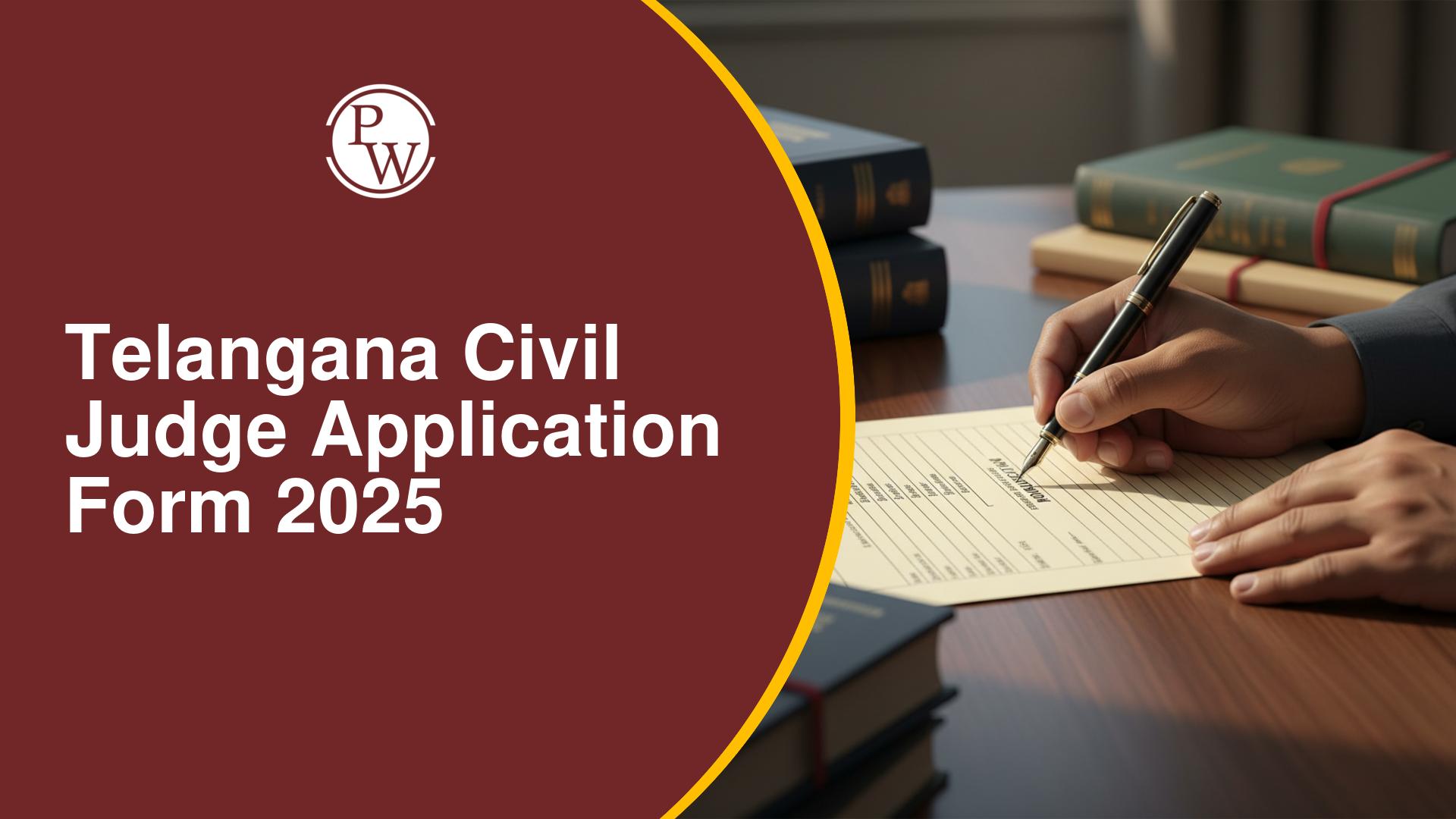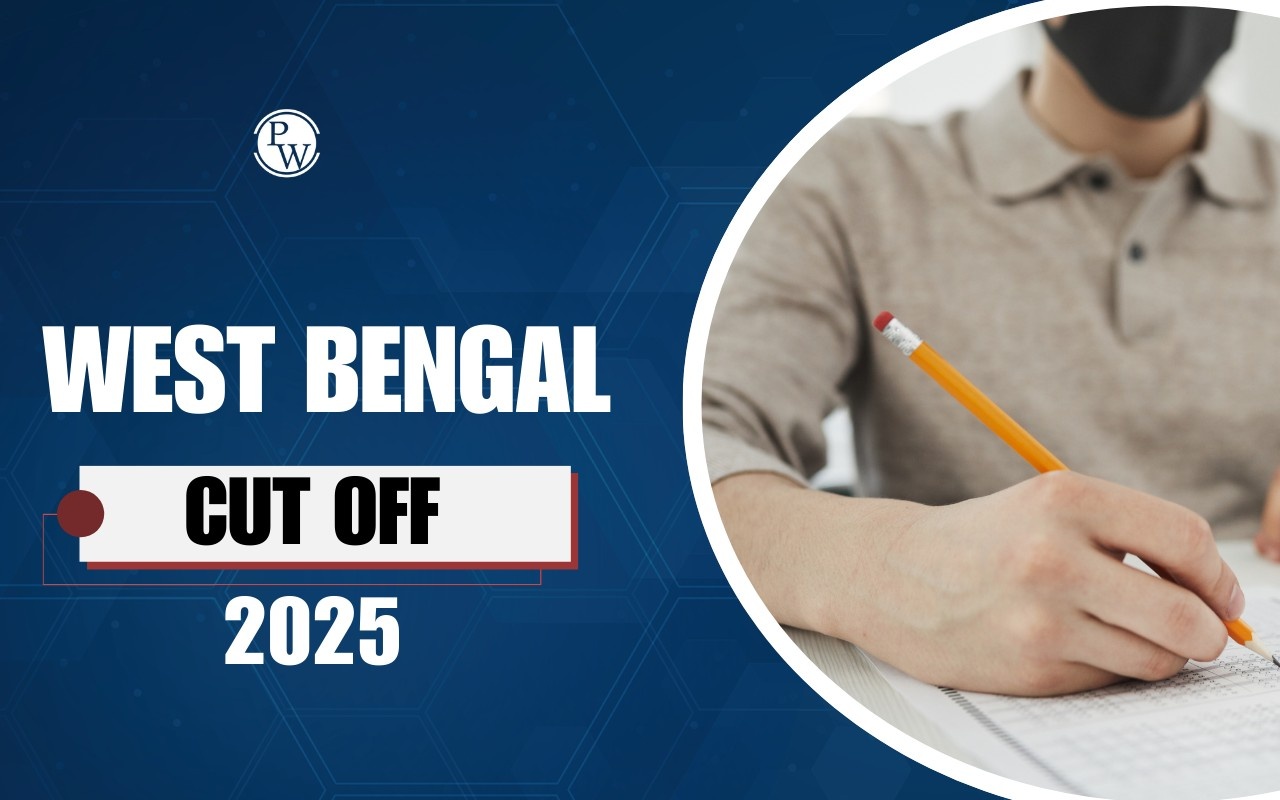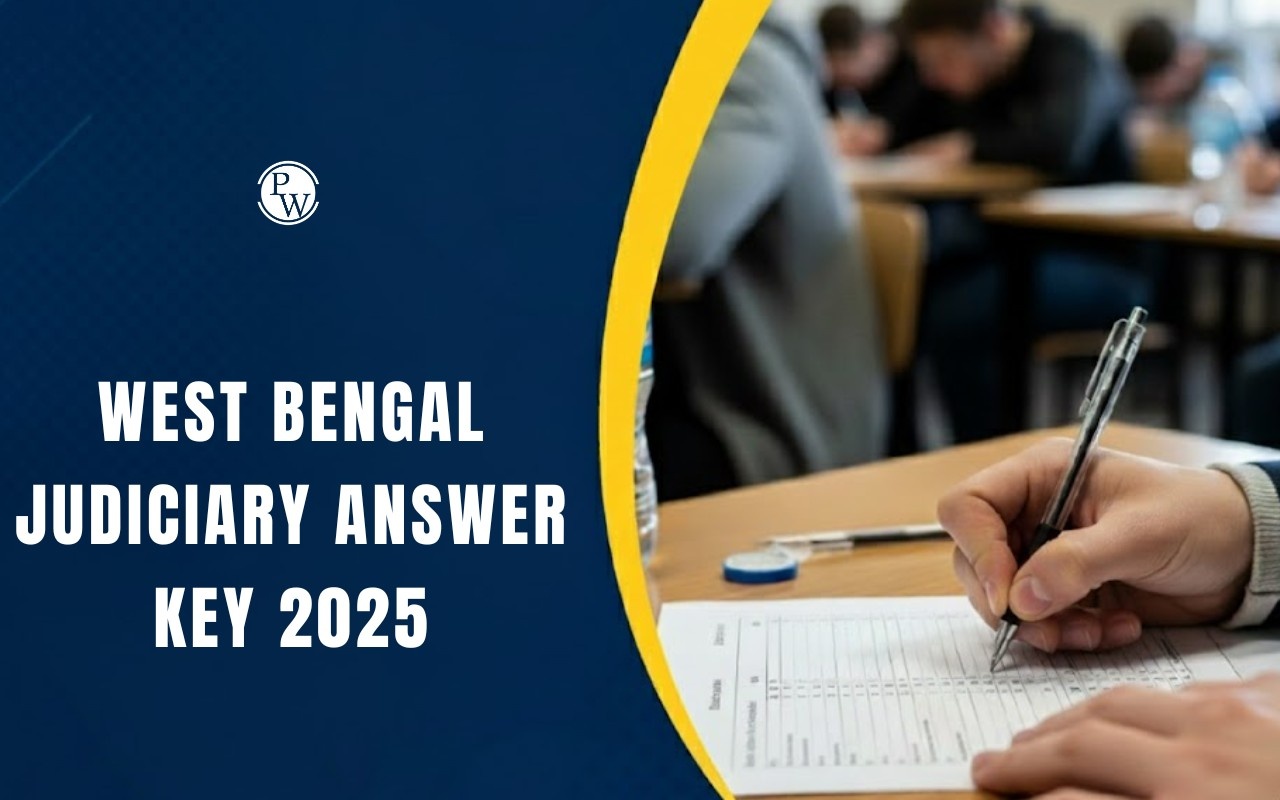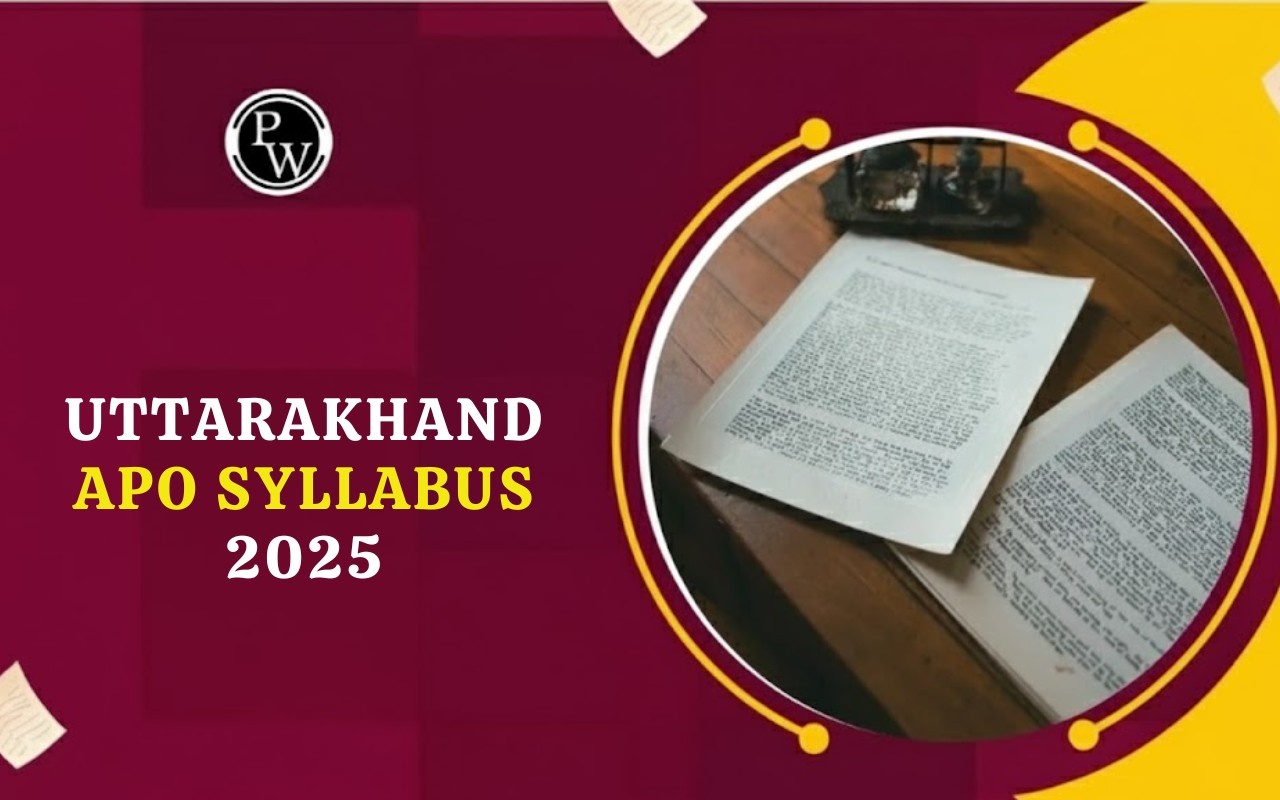
Gujarat District Judge Syllabus 2025 provides important areas of law for judicial duties and decision-making. The syllabus is designed to evaluate the candidates' knowledge in Civil Law, Criminal Law, Constitutional Law, and legal processes. These topics are vital in judgment writing, legal reasoning, and court management, which are key for the District Judge post.
Gujarat District Judge recruitment 2025 process involves three broad steps – a Preliminary Examination, a Main Written Examination, and a Viva-Voce Test. To pass this competitive exam, candidates need to acquire in-depth knowledge of every topic listed in the syllabus in addition to practical interpretation and actual application of principles of law.
Gujarat District Judge Syllabus 2025 Overview
The Gujarat High Court organizes the recruitment for the post of District Judge to select efficient judicial officers with the capability to serve justice and conduct court proceedings effectively. The following is a comprehensive explanation of the Gujarat District Judge Syllabus 2025, along with the key components and the process of selection to enable candidates to prepare in an effective and concentrated manner.
|
Gujarat District Judge Syllabus 2025 Overview |
|
|
Particulars |
Details |
|
Exam Conducting Body |
High Court of Gujarat |
|
Post Name |
|
|
Vacancies |
113 vacancies (107+6) |
|
Selection Process |
Preliminary Examination, Main Written Examination, and Viva-voce (Interview) |
|
Syllabus Coverage |
Civil Law, Criminal Law, Constitutional Law, CPC, CrPC, IPC, Evidence Act, etc. |
|
Mode of Assessment |
Objective (Prelims), Descriptive (Mains), and Personal Interview |
This structured syllabus enables candidates to focus on specific legal subjects and prepare in alignment with the duties and expectations of a District Judge.
Gujarat District Judge Syllabus 2025 for Prelims
The Preliminary Examination (Elimination Test) for Gujarat District Judge Recruitment 2025 is conducted to shortlist candidates for the Main Written Examination. It is an objective-type exam that tests candidates' legal aptitude, language skills, and general awareness pertaining to the legal field.
Paper-I Syllabus (Main Prelims Paper)
The syllabus covers the following areas:
1. Legal and Analytical Skills
2. English Language
3. Legal General Knowledge, including:
-
The Constitution of India
-
Civil Laws:
-
-
Code of Civil Procedure, 1908
-
Transfer of Property Act, 1882
-
Specific Relief Act, 1963
-
Indian Partnership Act, 1932
-
Indian Contract Act, 1872
-
Sale of Goods Act, 1930
-
Limitation Act, 1963
-
Arbitration and Conciliation Act, 1996
-
-
Criminal Laws:
-
Indian Penal Code, 1860 & Bharatiya Nyay Sanhita, 2023 (BNS)
-
Code of Criminal Procedure, 1973 & Bharatiya Nagarik Suraksha Sanhita, 2023 (BNSS)
-
Indian Evidence Act, 1872 & Bharatiya Sakshya Adhiniyam, 2023 (BSA)
-
Narcotic Drugs and Psychotropic Substances Act, 1985
-
Negotiable Instruments Act, 1881
-
Protection of Children from Sexual Offences Act, 2012
-
SC/ST (Prevention of Atrocities) Act, 1989
-
-
Other Laws:
-
Juvenile Justice (Care and Protection of Children) Act, 2015
-
Protection of Women from Domestic Violence Act, 2005
-
Information Technology Act, 2000
-
Commercial Courts Act, 2015
-
Family Laws:
-
Hindu Succession Act, 1956
-
Hindu Marriage Act, 1955
-
Special Marriage Act, 1954
-
Muslim Laws
-
Hindu Adoption & Maintenance Act, 1956
-
Guardian and Wards Act, 1890
-
-
Electricity Act, 2003
-
Gujarat Control of Terrorism and Organized Crime Act, 2015
-
Gujarat Land Grabbing (Prohibition) Act, 2020
-
Paper-II: Gujarati Language Test (Only for candidates who haven't studied Gujarati in SSC/HSC)
-
Total Marks: 50
-
Duration: 90 Minutes
-
Minimum Qualifying Marks: 40%
Syllabus includes:
-
Gujarati Essay Writing
-
Comprehension-based Questions
-
Synonyms and Antonyms
-
Letter Writing
-
Translation (Gujarati–English & vice versa)
-
Short Notes
-
Gujarati Grammar
Qualifying Criteria for Mains
To be eligible for the Main Written Exam:
-
Unreserved Candidates: Minimum 50% in Prelims
-
Reserved Categories: Minimum 45% in Prelims
-
If the candidate hasn’t passed SSC/HSC with Gujarati, they must also score 40% or more in the Gujarati Language Test.
Note: Marks obtained in the Preliminary Exam and Gujarati Language Test will not be considered for the final merit list.
Gujarat District Judge Application Form 2025
Gujarat District Judge Syllabus 2025 for Mains
The Main Written Examination for Gujarat District Judge Recruitment 2025 is a descriptive-type exam designed to assess the candidate’s in-depth legal knowledge, analytical skills, and ability to interpret and apply the law. It consists of two papers: Criminal Law and Civil Law.
Syllabus for Paper-I: Criminal Law
-
Indian Penal Code, 1860 & Bharatiya Nyay Sanhita (BNS), 2023
-
Code of Criminal Procedure, 1973 & Bharatiya Nagarik Suraksha Sanhita (BNSS), 2023
-
Indian Evidence Act, 1872 & Bharatiya Sakshya Adhiniyam (BSA), 2023
-
Prevention of Corruption Act, 1988
-
Narcotic Drugs & Psychotropic Substances Act, 1985
-
SC/ST (Prevention of Atrocities) Act, 1989
-
Protection of Children from Sexual Offences (POCSO) Act, 2012
-
Juvenile Justice (Care & Protection of Children) Act, 2015
-
Protection of Women from Domestic Violence Act, 2005
-
Information Technology Act, 2000
-
Negotiable Instruments Act, 1881
-
Gujarat Control of Terrorism and Organized Crime Act, 2015
-
Gujarat Land Grabbing (Prohibition) Act, 2020
Syllabus for Paper-II: Civil Law
-
Constitution of India
-
Code of Civil Procedure, 1908
-
Indian Contract Act, 1872
-
Specific Relief Act, 1963
-
Indian Partnership Act, 1932
-
Sale of Goods Act, 1930
-
Limitation Act, 1963
-
Transfer of Property Act, 1882
-
Family Laws:
-
-
Hindu Succession Act, 1956
-
Hindu Marriage Act, 1955
-
Hindu Adoption & Maintenance Act, 1956
-
Special Marriage Act, 1954
-
Guardian and Wards Act, 1890
-
Muslim Laws
-
-
Intellectual Property Laws
-
Motor Vehicles Act, 1988
-
Commercial Courts Act, 2015
-
Arbitration and Conciliation Act, 1996
-
Electricity Act, 2003
-
Family Courts Act, 1984
-
Labour Laws:
-
Industrial Disputes Act, 1947
-
Bombay Industrial Relations Act, 1946
Gujarat District Judge Exam Pattern 2025
The Gujarat District Judge Exam 2025 is conducted in three stages – Preliminary Examination, Main Written Examination, and Viva-Voce. Below is the detailed exam pattern for both the Prelims and Mains:
|
Gujarat District Judge Exam Pattern 2025 |
|
|
Stage |
Details |
|
Preliminary Examination |
Type: Objective (MCQs) Total Marks: 100 Duration: 90 Minutes Marking Scheme: +1 for correct, -0.33 for incorrect/multiple answers Medium: English only Mode: Offline (OMR-based) |
|
Main Written Examination |
Type: Descriptive Number of Papers: 2 (Criminal & Civil) Marks per Paper: 100 Duration per Paper: 4 Hours (2 Hours for each part) Medium of Paper: English Language of Answers: English only (unless instructed otherwise) |
|
Viva-Voce (Interview) |
Total Marks: 50 Purpose: To assess mental alertness, legal knowledge, judgment, attitude, ethics, communication, and overall suitability Qualifying Marks: Minimum 40% for general & reserved categories; 35% for PwBD candidates Note: Character and suitability of the candidate may be verified by the competent authority before the interview as per Gujarat Judicial Service Rules |
Gujarat District Judge Syllabus 2025 Preparation Tips
In order to crack the Gujarat District Judge Exam 2025, the candidates need to keep conceptual clarity, detailed legal knowledge, and excellent writing and communication skills in mind. As the selection involves Prelims (MCQ), Mains (Descriptive), and a Viva-Voce (Interview), comprehensive and role-oriented preparation is required. Read the following rapid steps to up your preparation:
-
Study the Syllabus Carefully: Read the comprehensive syllabus for Prelims and Mains carefully. Concentrate on major laws such as IPC/BNS, CPC, CrPC/BNSS, Constitution, Family Law, and other local laws such as the Gujarat Control of Terrorism Act.
-
Be Master of Bare Acts and Case Laws: Study bare acts well and re-read them thoroughly. Keep up with landmark Supreme Court and High Court judgements, particularly those applying to the Gujarat judiciary.
-
Practice MCQs for Prelims: Practice previous year question papers and take mock tests on a regular basis. Practice time management and accuracy, keeping in mind the negative marking as well.
-
Enhance Descriptive Answer Writing for Mains: Practice answer writing in both Criminal and Civil law papers. Practice answer writing in a structured format with an introduction, legal analysis, and conclusion. Emphasize clarity and logical reasoning.
-
Stay in Touch with Recent Legal Trends: Monitor legal developments, amendments, and new enactments (such as BNS, BNSS, and BSA). Learn their practical effects and comparative differences with earlier laws.
-
Prepare for Viva-Voce: Practice communication skills, transparency of ideas, and moral judgment. Practice mock interviews and remain confident. Learn the judicial tasks and qualities required in a District Judge.
Explore the Judiciary Coaching 2025 to access essential resources for Judiciary exam preparation, including detailed insights and strategies. Dive into the Judiciary 2025 for structured courses and focused study plans designed to help aspirants excel in their exams.
Gujarat District Judge Syllabus 2025 FAQs
What is the Gujarat District Judge Recruitment 2025 selection process?
What are the subjects under the Gujarat District Judge Syllabus 2025?
Is there negative marking in the Gujarat District Judge Prelims Exam 2025?
Do the marks obtained in the Preliminary Exam count for the final merit list?
How do I prepare for the Gujarat District Judge Exam Viva-Voce?

